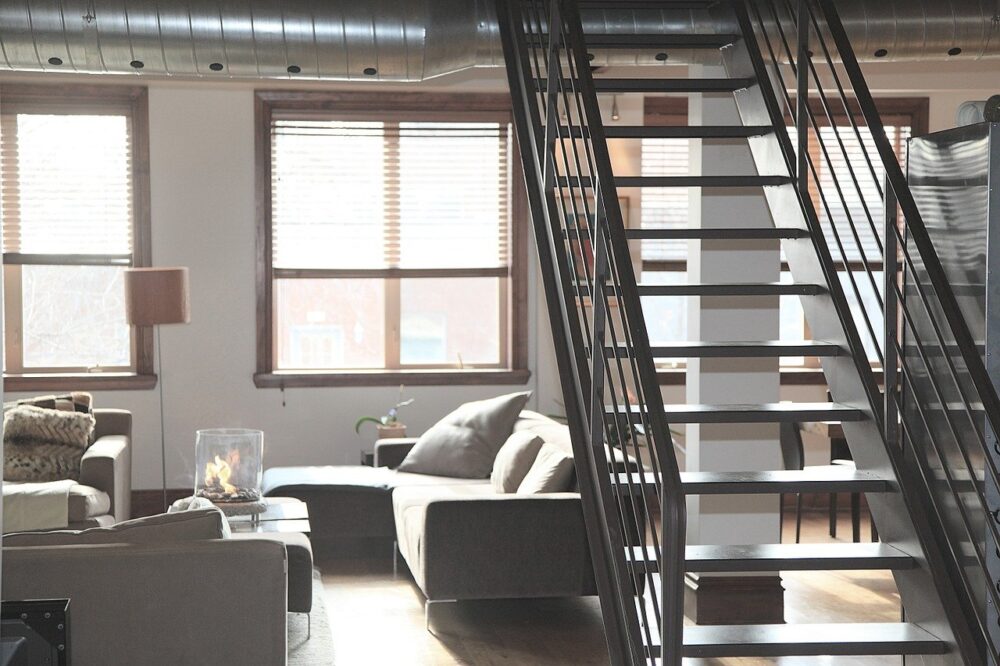You may assume that a bankruptcy option is exclusively beneficial for homeowners who cannot keep up with their monthly mortgage payments. However, this may also work to benefit renters who have overdue rental payments, on the brink of being evicted by their landlord. But even still, as a renter, there are some drawbacks or otherwise significant considerations with bankruptcy that you must be mindful of. Continue reading to learn whether you should file for bankruptcy while renting an apartment or house and how an experienced Louisville, Kentucky consumer bankruptcy lawyer at Schwartz Bankruptcy Law Center can help you make the right decision.
Should I file for bankruptcy while renting an apartment or house?
Arguably the most significant benefit of filing for bankruptcy while renting an apartment or house is that the Kentucky bankruptcy court may enforce automatic stay protection. Meaning, your landlord may be barred from serving you with an eviction notice as you undergo your Chapter 7 or Chapter 13 bankruptcy proceedings. All the while, you may work to pay off your overdue rental payments and meet your current rental payments each month. This may ultimately better your chances of maintaining a permanent residence at your rental apartment or house even after these proceedings.
As a renter, what other considerations should I make before filing for bankruptcy?
Before pulling the trigger and filing your bankruptcy declaration, you must understand that this may not protect you from eviction under all circumstances. That is, your landlord may present a case in the presence of the Kentucky bankruptcy court that argues your violation of other tenancy conditions besides missing rent payments. For example, they may claim that you have overstayed the term of your tenancy or went against the disclosed limits on occupancy. With this, the Kentucky bankruptcy judge may be prompted to order your eviction.
Besides the matter of eviction, you must also make the following considerations before filing for bankruptcy:
- You must consider how your bankruptcy filing may affect the cosigner on your current lease, if applicable.
- You must consider how your bankruptcy filing may affect your applications for future rental apartments or houses:
- Your bankruptcy may lower your credit score by approximately 250 points.
- Your bankruptcy may appear on your credit history for approximately seven to 10 years.
- Your bankruptcy may make it difficult to find an individual who will agree to cosign your future lease.
- Your bankruptcy may make it difficult to have your former landlord write a positive character reference.
- Your bankruptcy may make it more likely for future landlords to ask for larger deposits upfront.
- Your bankruptcy may make it more likely for future landlords to ask for more extensive evidence of rental, employment, and credit history.
So even if you are just considering a bankruptcy declaration, it is best that you first consult with a skilled Louisville, Kentucky consumer bankruptcy lawyer. Please contact us at Schwartz Bankruptcy Law Center today.

